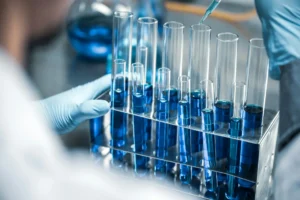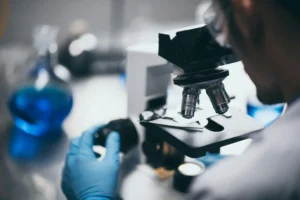Table of Contents
What is Batch Release Testing?
Batch Release Testing is a process that ensures the quality and safety of pharmaceutical products before they are released to the market. It involves a series of tests and evaluations that are conducted on a batch of the product to ensure that it meets the required standards and specifications.
Why is Batch Release Testing important?
Batch Release Testing is important because it ensures that the pharmaceutical product is safe and effective for use by patients. It also ensures that the product meets the required quality standards and specifications, which helps to maintain the reputation of the manufacturer and the product.
What are the types of tests conducted in Batch Release Testing?
The types of tests conducted in Batch Release Testing include physical and chemical tests, microbiological tests, and stability tests. Physical and chemical tests evaluate the appearance, identity, purity, and potency of the product. Microbiological tests evaluate the presence of microorganisms in the product, while stability tests evaluate the shelf life and storage conditions of the product.
Who conducts Batch Release Testing?
Batch Release Testing is conducted by qualified and trained personnel in a quality control laboratory. The personnel are responsible for ensuring that the tests are conducted accurately and that the results are reliable.
What happens if a batch fails Batch Release Testing?
If a batch fails Batch Release Testing, it is not released to the market. The manufacturer is required to investigate the cause of the failure and take corrective actions to ensure that the product meets the required standards and specifications.
How often is Batch Release Testing conducted?
Batch Release Testing is conducted for every batch of pharmaceutical product that is manufactured. This ensures that each batch meets the required standards and specifications before it is released to the market.
What are the benefits of Batch Release Testing?
The benefits of Batch Release Testing include ensuring the safety and effectiveness of pharmaceutical products, maintaining the reputation of the manufacturer and the product, and complying with regulatory requirements. It also helps to identify any issues with the manufacturing process and take corrective actions to improve the quality of the product.




